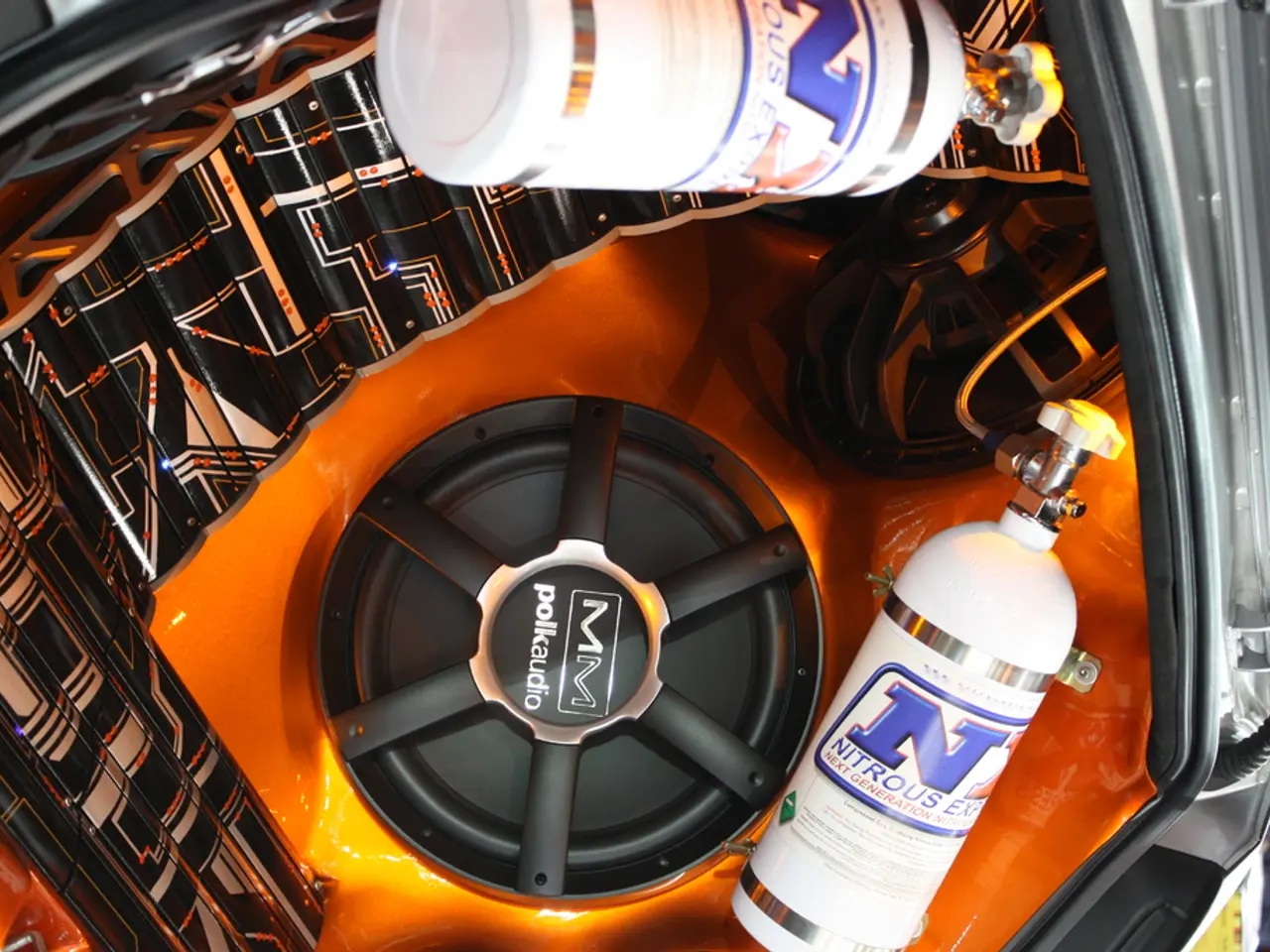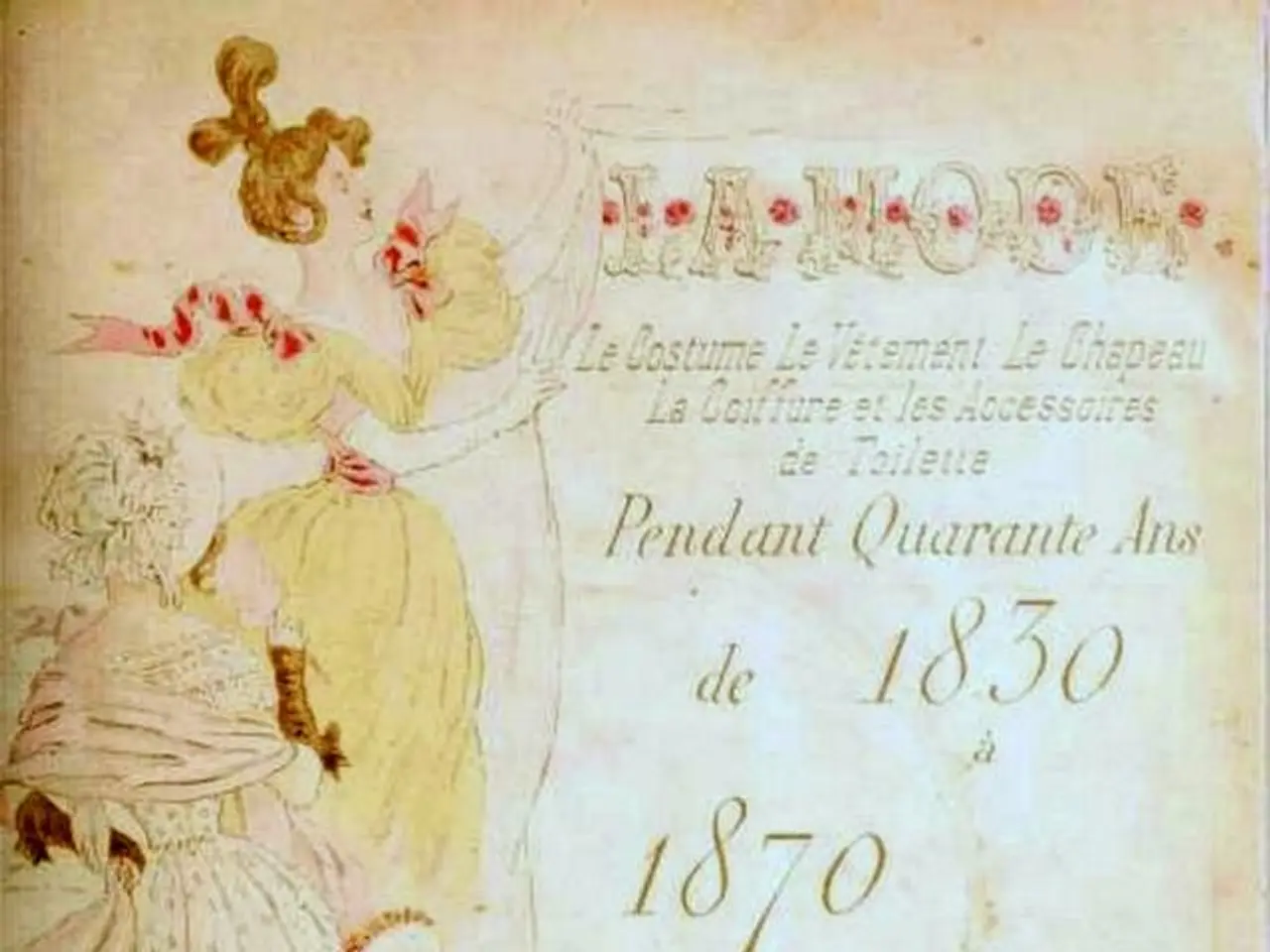Takumi Kobo, Toyota's latest venture into manufacturing innovation: Initial Exploration (Part 1)
In the heart of Toyota's head office, a workshop dedicated to preserving and evolving the company's heritage of sheet metal craftsmanship and the monozukuri spirit has taken shape. Known as the Takumi Kobo, this specialized team is a living link to Toyota's foundational manufacturing philosophy, ensuring these skills and values are passed down to future generations.
The Takumi Kobo plays a critical role in Toyota's car manufacturing, serving as a hub that preserves and advances the traditional sheet metal craftsmanship and the monozukuri spirit established since the company's founding. This mastery not only maintains quality and precision but also embodies the spirit of monozukuri genba – the place where things are made with care, skill, and dedication to create ever-better products.
The team is composed of master artisans devoted to sustaining and furthering the high standards of craftsmanship in shaping and finishing sheet metal parts for Toyota vehicles. By harnessing traditional techniques blended with modern technologies, the Takumi Kobo ensures that Toyota's heritage of craftsmanship remains alive and evolves.
One of the key figures behind the Takumi Kobo's creation is Yuto Tanaka, a former graduate student in applied laser physics who joined Toyota in 2012 and has worked with advanced technologies. Tanaka aspired to contribute to Japanese manufacturing since his student days and saw the importance of sheet metal craftsmanship in Toyota's carmaking.
Another key figure is Hitoshi Tsuchiya, who joined Toyota after graduating from its Technical Skills Academy and has displayed exceptional sheet metal skills, winning in the Autobody Repair category at national and international competitions. Tsuchiya believes that sheet metal craftsmanship allows for forms beyond the capabilities of press machines, creating more three-dimensional and deeply sculpted bodies.
The Takumi Kobo's humble efforts have led to the creation of fascinating cars and accessories, such as the Masame scuff plate for the new Century car, which is crafted by hammering designs onto stainless steel plates. The team's work has received an excellent response from visitors at events like the Gunma Parts Show in September 2021.
The Takumi Kobo is not just about maintaining product quality but also fostering a culture that values craftsmanship and innovation simultaneously. The Prototype Body Production Section strives to bring the underlying skills behind sheet metal craftsmanship into the future through various initiatives, such as building trophies and making bodies for event cars.
In April 2022, the Takumi Kobo was officially launched within the Technical Development & Prototype Division, consisting of sheet metal artisans and technicians responsible for new projects. The team's focus areas are inheritance and evolution of takumi skills, providing new value to customers, and creating user experiences.
Mitsuru Kawai, son of Oyaji Kawai, a symbol of Toyota's monozukuri, endorsed the Takumi Kobo's efforts and wrote the Takumi Kobo logo for them. Both Tanaka and Tsuchiya believe that incorporating takumi skills into computer simulations and machine processing leads to better carmaking, with the takumi then honing their skills to surpass the machines.
The Takumi Kobo's work is integral to preserving the aesthetic and functional qualities of Toyota cars, reflecting a deep respect for the company’s origins and commitment to manufacturing excellence. This approach is significant not just for maintaining product quality but also for fostering a culture that values craftsmanship and innovation simultaneously.
- The Takumi Kobo's work in preserving and advancing traditional sheet metal craftsmanship and the monozukuri spirit extends beyond Toyota's vehicle production, reaching the finance and technology sectors associated with the automotive industry.
- As the Takumi Kobo fosters a culture that values craftsmanship and innovation, it intersects with other sectors like transportation, contributing to the development of innovative accessories that enhance the aesthetic and functional qualities of Toyota cars.
- The Takumi Kobo's dedication to maintaining and evolving craftsmanship aligns with the larger goal of maximizing efficiency and minimizing waste within Toyota's manufacturing operations, which is a concern shared by the broader manufacturing and technology industries.




